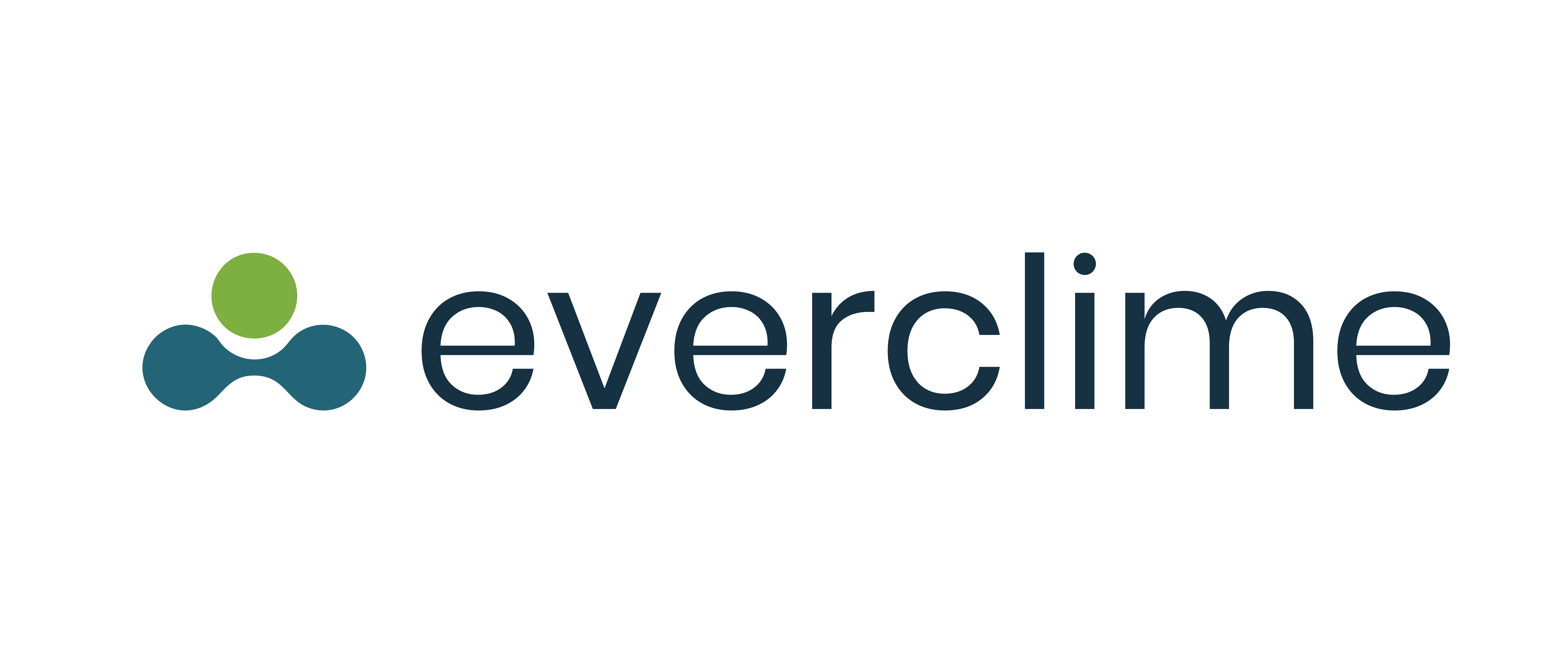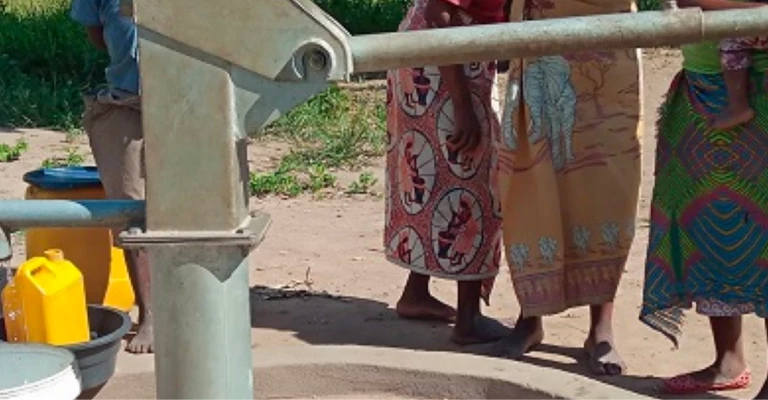
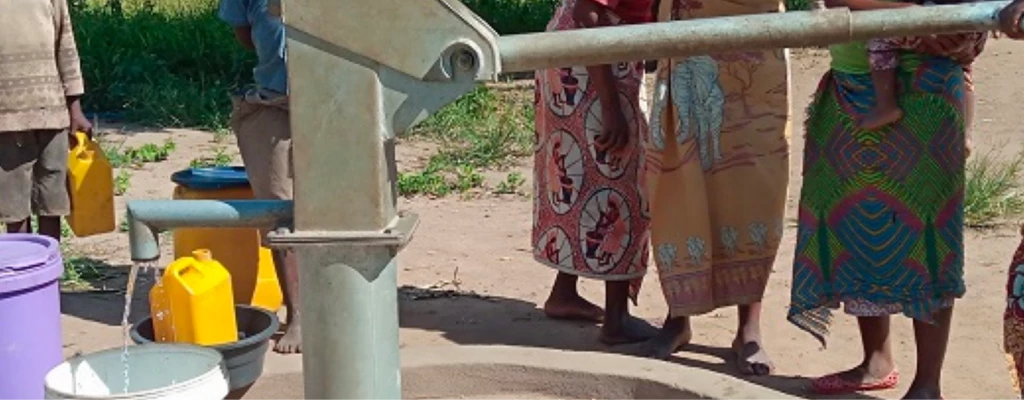

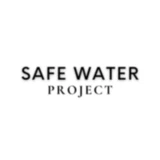
Safe Water Project
Key Info Story
Website
Social links
Project Story
Project Overview
In Mozambique, less than half of the population have access to safe drinking water sources, with access in some rural areas as low as 35%. This means that most people are forced to rely on unclean water from rivers and hand-dug shallow wells, which has significant impacts on the health, lives and well-being of rural communities.
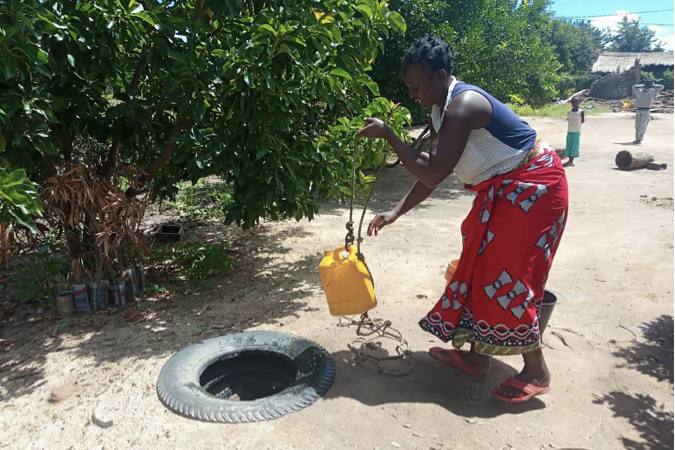
Over 98% of the rural population rely on wood as their primary fuel source, and those who purify their water primarily do so by boiling over an open wood fire. This contributes to high levels of air pollution in households as well as producing significant carbon emissions.
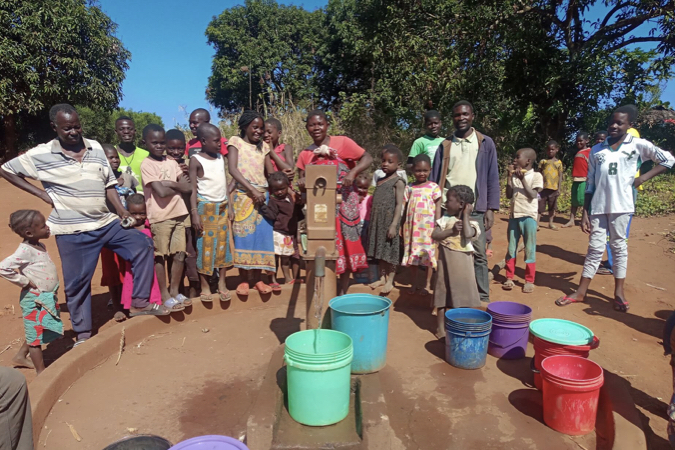
Many of the handpumps that have been installed in rural communities have fallen into disrepair due to a lack of funding for operations and maintenance, and some communities still don’t have any safe water infrastructure in place. The project rehabilitates, installs and maintains boreholes to ensure communities have safe water access, as well as building local capacity to ensure that the water points are managed into the future. The project also includes WASH campaigns, and annual monitoring and water quality tests to guarantee long-term success and sustainability for the communities.
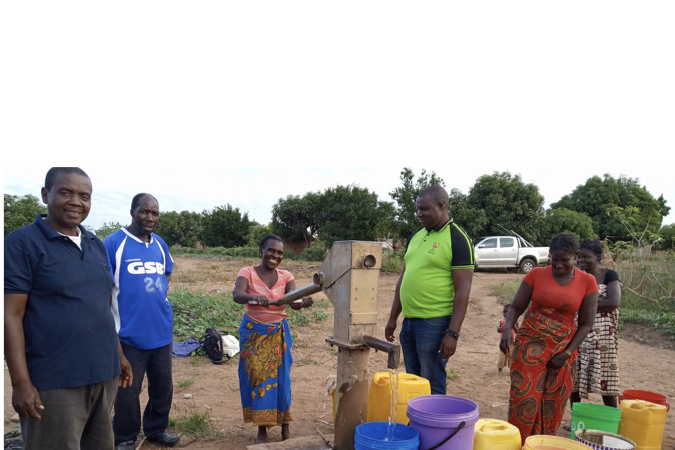
Project Impacts
By rehabilitating and installing critical water infrastructure within communities and committing to ensure that it is maintained and tested for water quality over the project lifetime, the project reduces the risk of water borne illnesses and the need to boil water for purification, which exposes households to hazardous air pollution. This saves thousands of tonnes of firewood per year and reduces CO2 emissions. By implementing a WASH campaign and training, the project also improves hygiene and sanitation practices within the communities.

As the burden for collecting water and firewood for purification falls disproportionately on women and children, by installing and rehabilitating boreholes, the project reduces the time poverty of women and children and allows them to spend the time saved on other activities.

Sustainable Development Goals
The United Nations Sustainable Development Goals (SDGs) are a set of 17 interconnected goals established by the United Nations in 2015. The SDGs provide a comprehensive framework for addressing the world's most pressing economic, social, and environmental challenges.
Global impact groups play a crucial role in supporting the SDGs by creating mechanisms to mobilise resources, collaborate with stakeholders, and drive collective action toward achieving the goals. These groups have the capacity to leverage their expertise and resources to make a significant positive impact.
Global impact groups play a crucial role in supporting the SDGs by creating mechanisms to mobilise resources, collaborate with stakeholders, and drive collective action toward achieving the goals. These groups have the capacity to leverage their expertise and resources to make a significant positive impact.




